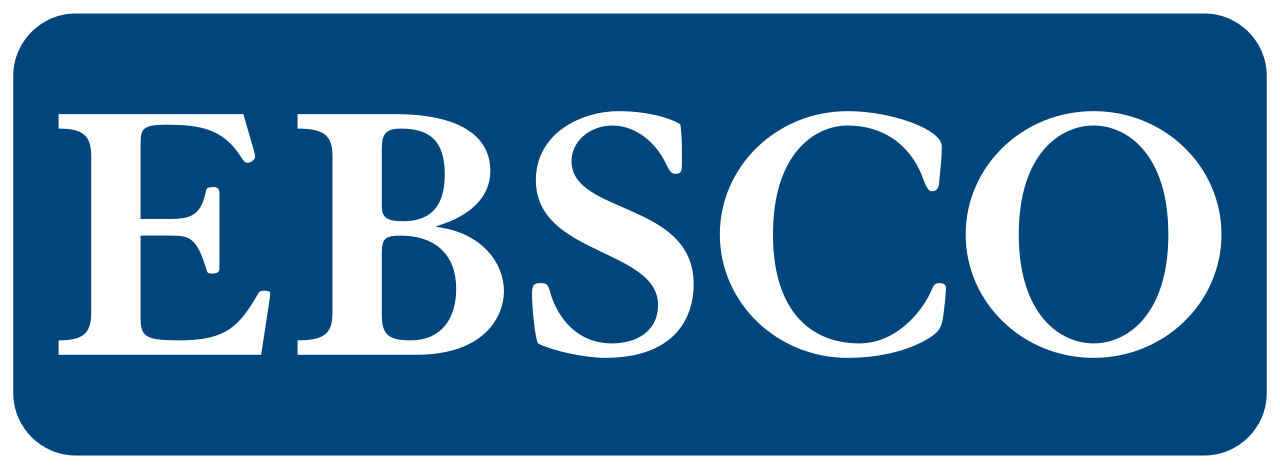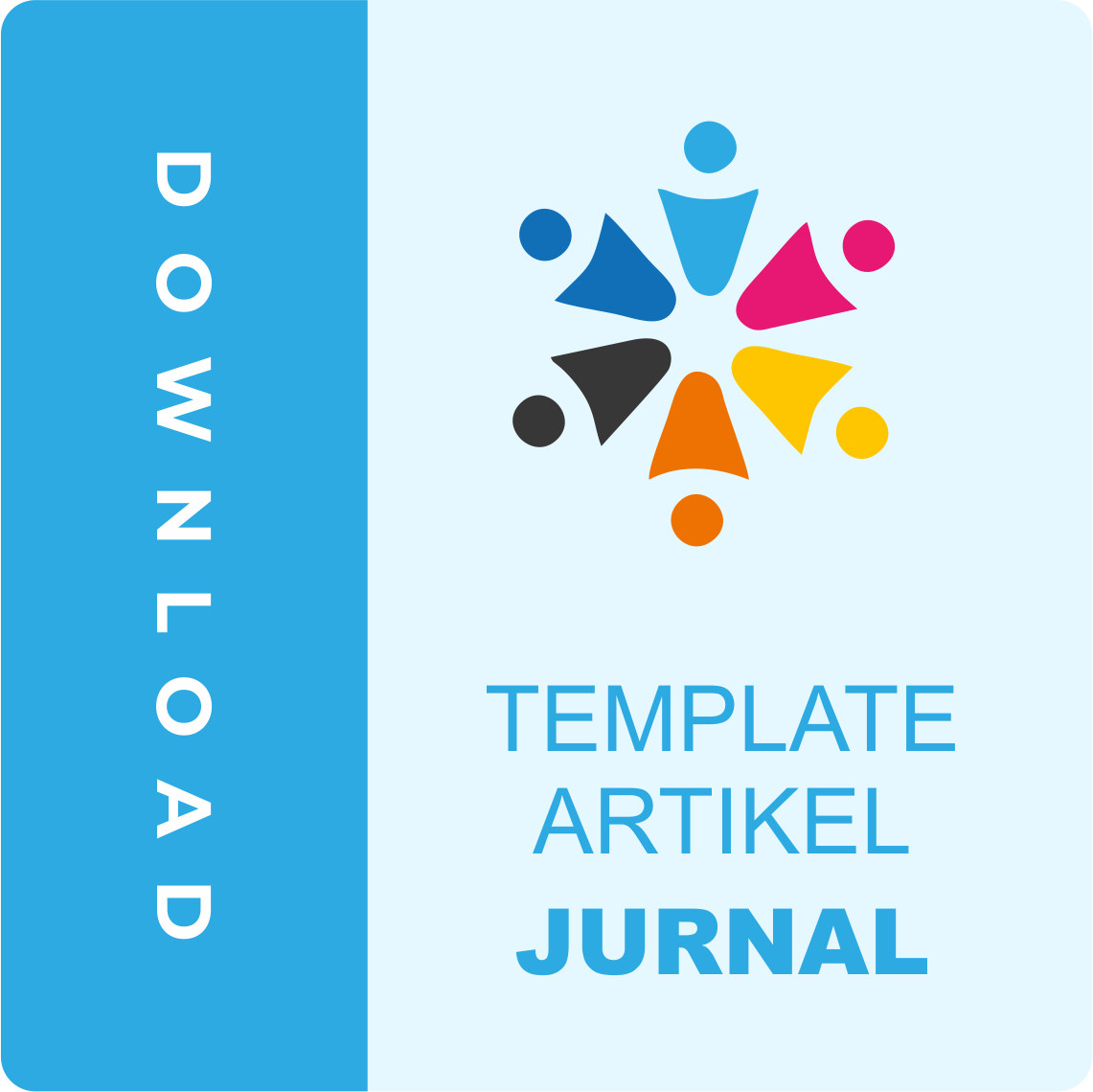Digital Ethics and Media Literacy: Assessing the Role of Education in Preventing Social Polarization in the Post-Truth Era
DOI:
https://doi.org/10.58631/injurity.v4i2.1419Keywords:
media literacy, digital ethics, post-truth, social polarization, education, civic resilienceAbstract
The post-truth era presents new challenges to democratic discourse, as emotional manipulation and misinformation increasingly shape public perception. In this digital environment, social polarization has intensified, particularly among populations with low media literacy and limited exposure to ethical digital education. This study aims to explore the role of media literacy and digital ethics education in preventing social polarization within Indonesia’s diverse educational settings. Using a qualitative exploratory case study approach, the research was conducted in three regions—urban (Jakarta), semi-urban (Yogyakarta), and rural (Sumedang). Data were collected through in-depth interviews, classroom observations, focus group discussions, and document analysis involving educators, students, and policymakers. Thematic analysis was employed to extract patterns and insights related to digital citizenship development. Findings indicate that schools with higher integration of media literacy and digital ethics—especially in urban areas—demonstrated significantly greater student awareness of misinformation and its role in political and ideological polarization. Jakarta scored highest across all indicators: media literacy (78), ethics integration (82), and polarization awareness (69). In contrast, rural Sumedang lagged with scores of 54, 60, and 47, respectively. These disparities suggest that without equitable curriculum reform and teacher training, educational systems may inadvertently reinforce digital divides. This study recommends a transformative pedagogical framework that unifies ethical reasoning, critical media analysis, and civic values to develop resilient, informed digital citizens in the post-truth era.
Downloads
Published
Issue
Section
License
Copyright (c) 2025 Nabilaa Faizatuz Zuhriyah

This work is licensed under a Creative Commons Attribution-ShareAlike 4.0 International License.






